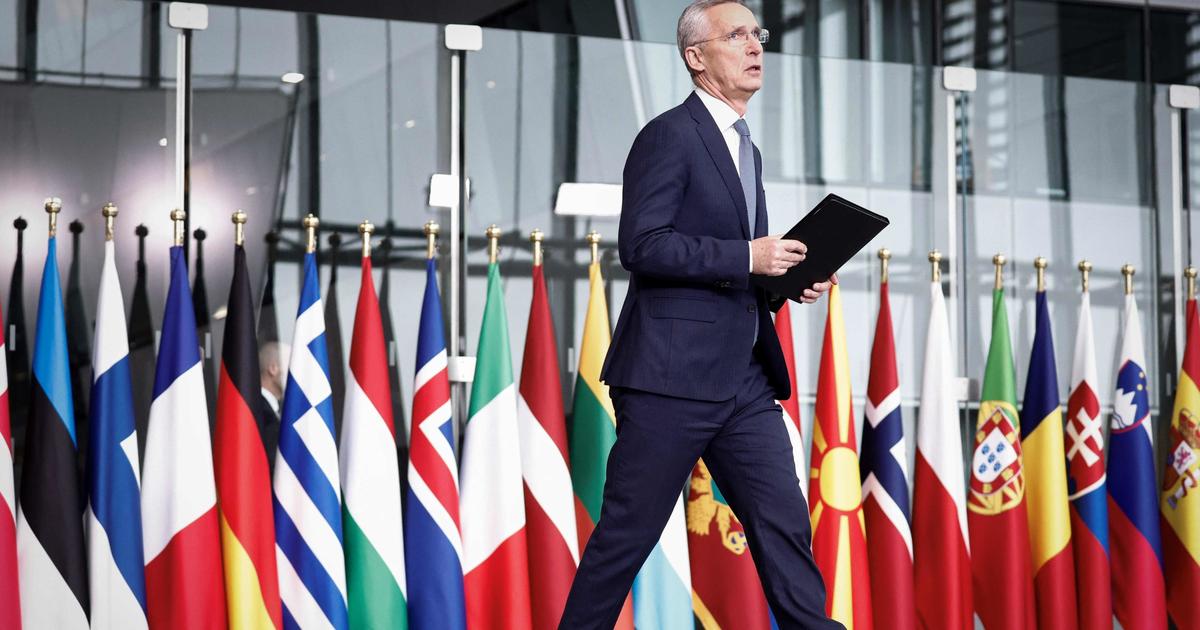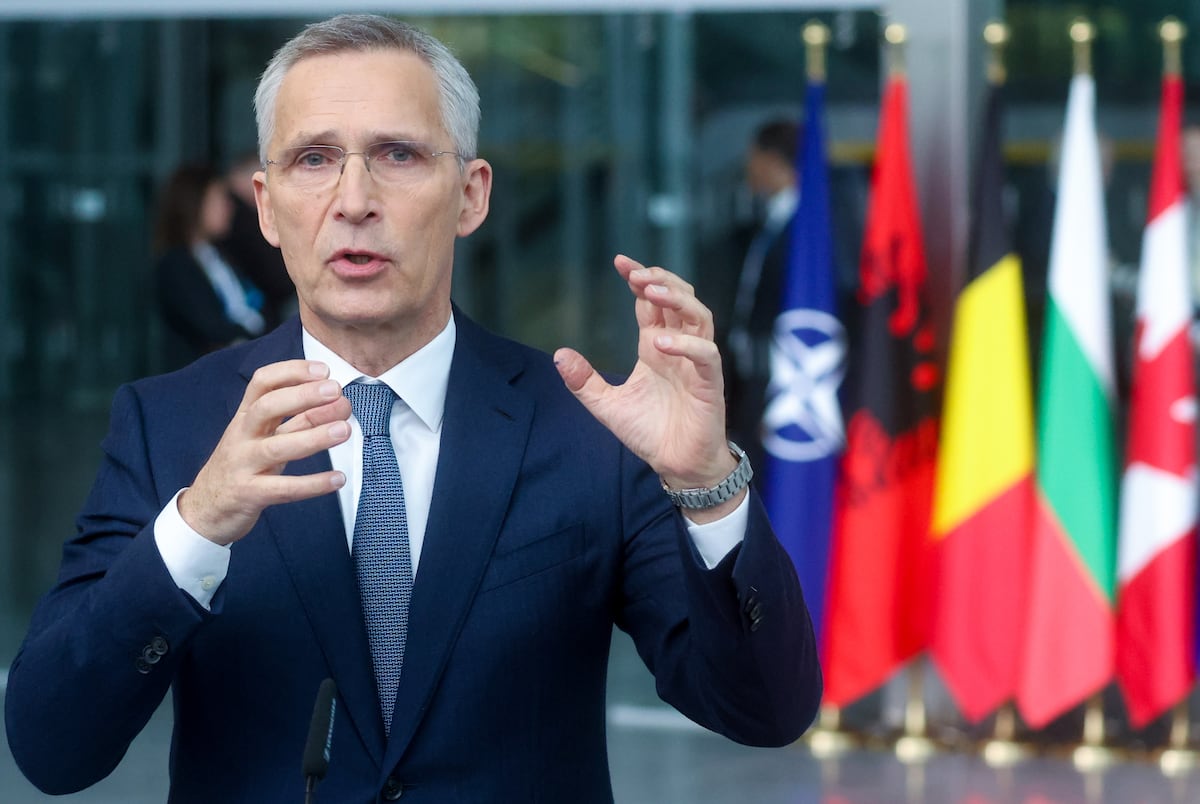The EU is already looking for ways to get around the Hungarian and Polish veto of the 2021-2027 budgetary framework and the pandemic recovery fund.
Both the European Parliament and the Council of the EU rule out the withdrawal of the mechanism for the protection of the rule of law that has caused the wrath of Budapest and Warsaw.
But the community institutions contemplate several options for the governments of Viktor Orbán and Mateusz Morawiecki to return to consensus.
And, in extreme cases, to go ahead with extraordinary accounts that do not require the unanimity of the partners.
"All options are on the table", warns a community source, a few words that summarize the exasperation of Brussels at the blocking of accounts that grant 750,000 million euros for the recovery fund against the pandemic and 1,074 billion for the framework multi-year financial from 2021 to 2027. European leaders addressed this blockade this Thursday during a videoconference summit, which also leaves the ordinary budget for 2021 up in the air, the first of the new framework and estimated at 160,000 million.
"This situation should not have been reached," lamented a diplomatic source.
The simplest solution to get out of the way would be an extension of the current budget, by twelfths, that is, month by month in 2021. But Community sources stress that the Union can draw up more ambitious “contingency plans”.
These plans would lead to the approval of a large part of the budget items through alternative channels that do not allow the veto of any country.
On the table, according to the sources consulted, there are up to six possibilities, all of them complicated to process and more limited than a unanimous agreement.
But enough to show Orbán and his allies that in the event of a train crash the EU will be damaged but will continue to move forward.
Among these possible escape routes is to approve, by a qualified majority and with the current financial framework, a budget for 2021 exactly the same as that for 2020, with the disadvantage that no new programs could be added.
A second option would incorporate new programs but would leave their financing pending a future agreement on the new multiannual financial framework.
Or, in a third variable, funding would be provided to these new programs but respecting the spending ceilings set in the 2020 budget, which is about to expire.
In Brussels it is even considered possible to start up the recovery fund without waiting for the new financial framework, blocked by Orbán and Morawiecki.
Socialist MEP Doménec Ruiz-Devesa recalls that Article 122 of the Treaty allows the Council "to provide financial assistance to member states in extraordinary circumstances and no one doubts that the current ones are."
Ruiz Devesa believes that the approval of a budget for 2021, by a qualified majority, would also allow the initiation of debt issuance to feed the recovery fund.
All the formulas, it is recognized in the institutions, limit the Union's room for maneuver and expose a cut in the financing of certain beneficiaries.
But they would prevent Hungary or Poland from taking the budgets as "a hostage to achieve a political objective that has nothing to do with some accounts that they have supported and that favor them in a gigantic way", as defined by a diplomatic source.
Even so, the institutions prefer a negotiated solution to the crisis.
And the most recurrent plan, managed by the European Commission even before the blockade was consummated, points to some kind of declaration that appeases Budapest and Warsaw and offers them guarantees that the mechanism will apply to all countries equally, something that only Orbán and Morawiecki have questioned so far.
Community sources warn, however, that the scope of this declaration must be very precise so as not to invade the agreements reached by the Council and the European Parliament on 5 November.
That day the draft regulation was agreed that will allow the suspension of community funds to countries where the lack of legal certainty puts the financial resources of the EU at risk, a point rejected by Hungary and Poland.
The friendly exit through a declaration, in a formula similar to the one that made it possible to overcome in 2018 the threat of a veto from Spain to the Brexit agreement due to its repercussions on Gibraltar, is the one most desired by Brussels.
But diplomatic sources warn that if Hungary or Poland insist on the blockade, a frontal clash could occur that would force them to study all possibilities, such as leading the two reluctant partners and their possible last-minute allies in this negotiation, such as Slovenia.
European leaders addressed the blockade on Thursday during a videoconference summit focused on monitoring the pandemic and convened by the president of the European Council, Charles Michel.
But they only devoted a few minutes in which the German Chancellor, Angela Merkel, on behalf of the six-monthly presidency of the EU, reported on the inevitable halt in the processing of the multi-annual financial framework and the recovery fund.
And where the leaders of Hungary, Poland and Slovenia, the countries that have revolted against the defense mechanism of the rule of law, reiterated their rejection.
No other delegation spoke, not even the Spanish or the Italian, which are among the main victims of the delay in the recovery fund. Community sources indicated that Michel had prepared the ground with all the capitals to prevent videoconferencing, a format not very conducive to sensitive debates, ending up in a heated discussion. All the delegations are aware that the definitive solution will still take time to arrive and the debate at the highest level could only fester even more spirits, very heated since last Monday Hungary and Poland halted the greatest budgetary effort made by the EU in all his story. More than 1.8 billion euros agreed in July after four nights and five days in one of the most tense and momentous European summits in recent years.

/cloudfront-eu-central-1.images.arcpublishing.com/prisa/Q5DM3QUFCVBFTJPBP3UHFTTZSY.jpg)


/cloudfront-eu-central-1.images.arcpublishing.com/prisa/CXNNVU7NQJGRBKM7CSDDCQS3UA.JPG)










